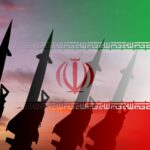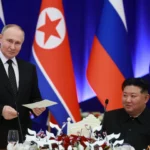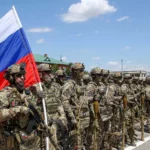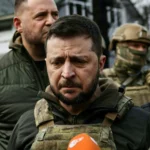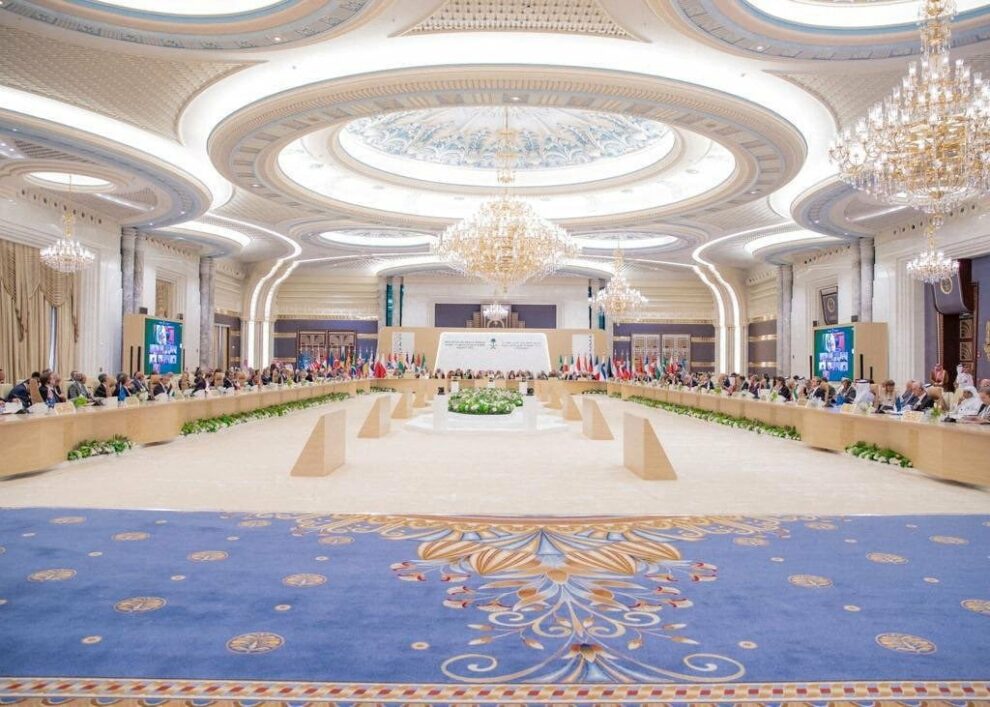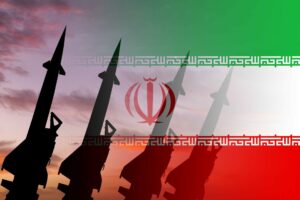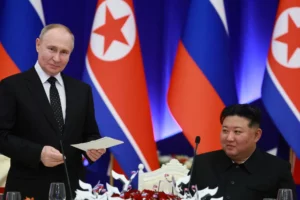The war in Ukraine has lasted almost 18 months, bringing much death, displacement and destruction. But there is no immediate end in sight.
Sadly, hostilities are escalating. Ukraine continues with a counteroffensive and has started to use cluster bombs provided by the United States.
Drones are attacking Russian ships in the Black Sea. Moscow, meanwhile, has withdrawn from a grain export deal brokered by the United Nations and its missiles continue to rain down on Ukrainian cities.
While these developments make a peace deal more unlikely, every effort is needed to put one in place.
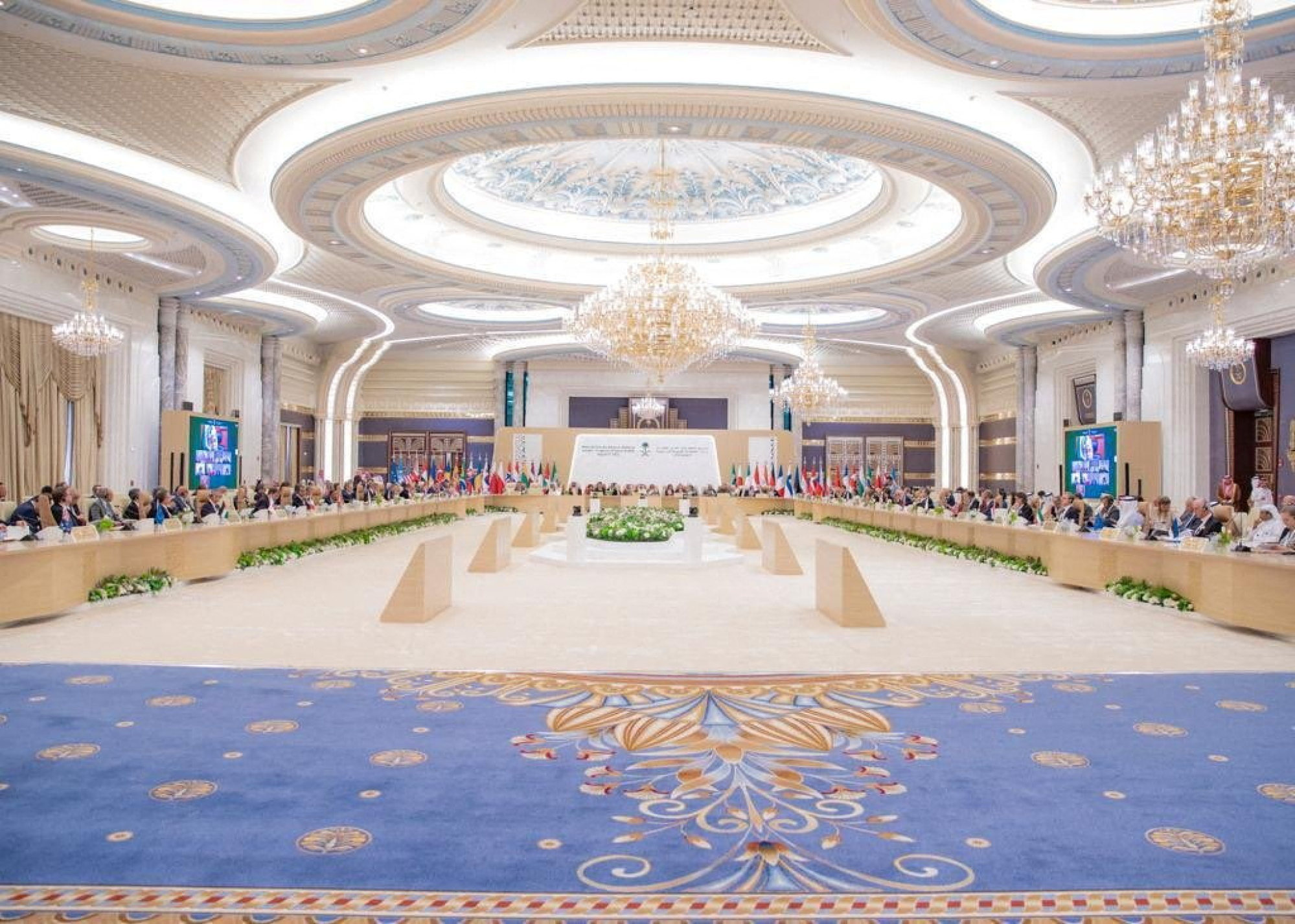
The two-day conference in Jeddah last weekend, organised by Saudi Arabia and attended by 42 countries, was a positive step. The results, as expected, were modest.
No joint statement was issued. But the fact it took place and attracted nations with different views was encouraging.
China’s presence at the talks was significant, given its close ties with Russia. Eurasian affairs envoy Li Hui attended and met US National Security Adviser Jake Sullivan on the sidelines.
The conference provided a platform for Beijing to present its 12-point peace plan. European countries were represented along with India, Brazil, and South Africa.
Crucially, there was a delegation from Ukraine. But there was one notable absentee: Russia was not invited.
Moscow criticised the conference which it described as a “futile” attempt by the West to rally support for Kyiv among countries of the Global South. But the balanced composition of the participants, including both ardent Western supporters of Ukraine as well as nations that have adopted a neutral stance, was important.
Saudi Arabia has strong energy ties with Moscow. China’s foreign minister, Wang Yi, spoke with his Russian counterpart soon after the talks ended.
Russia is being kept informed of developments as no peace deal will ever be struck without Moscow’s participation.
The conference, no doubt, served Saudi Arabia’s broader aims of furthering its international influence and mending strained ties with the US. But the meeting appears to have been broadly well-received by those attending.
Differences have been recognised and consensus reached on some core principles. Working groups are to be established in areas such as nuclear safety, food security, and humanitarian aid.
There are hopes further meetings will be held.
No meaningful peace negotiations are likely to start until after the summer, when the results of Ukraine’s counteroffensive become clear. There will ultimately be a need to resolve the core issue of whether Russia will, as part of any deal, be willing to relinquish all the territory it controls in Ukraine.
But the world needs broad and determined international efforts to bring this terrible conflict to an end. The conference in Jeddah is, at least, a start.
Source : SCMP


